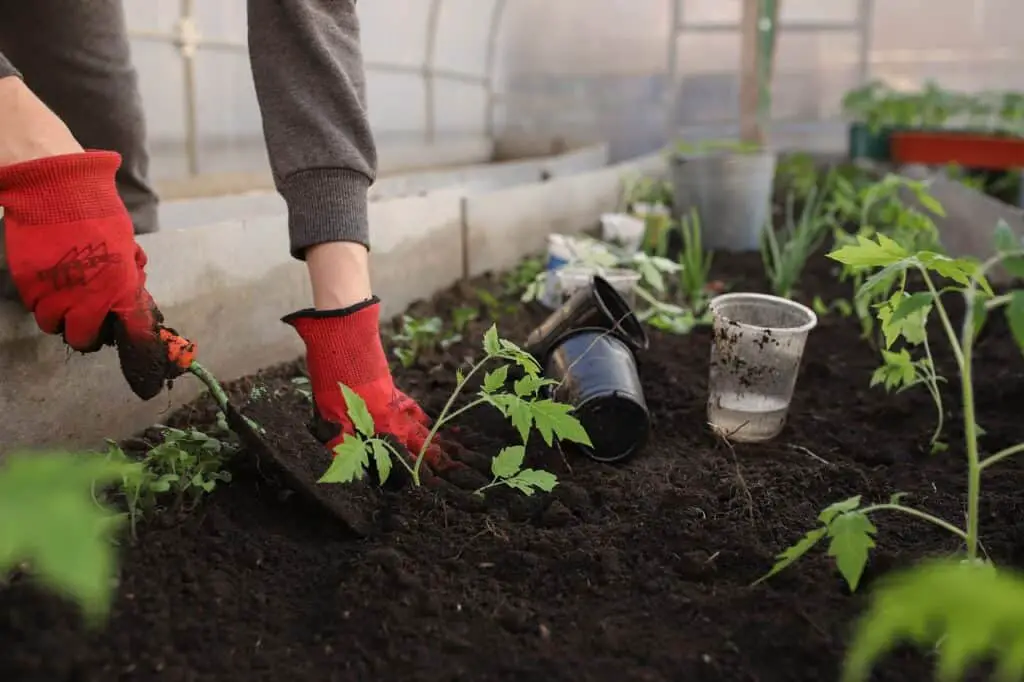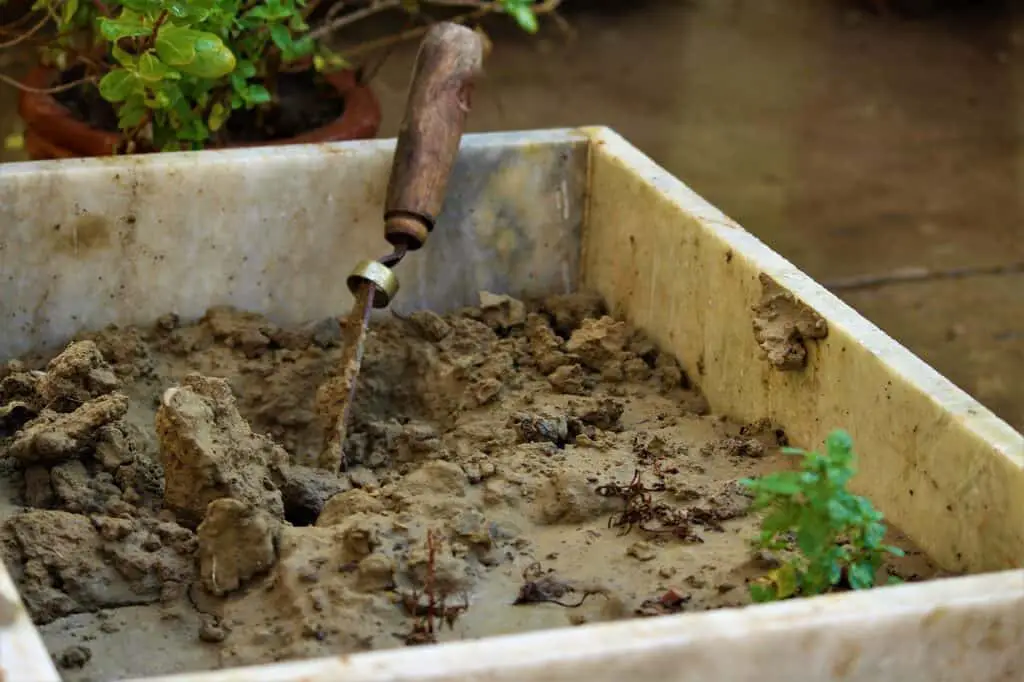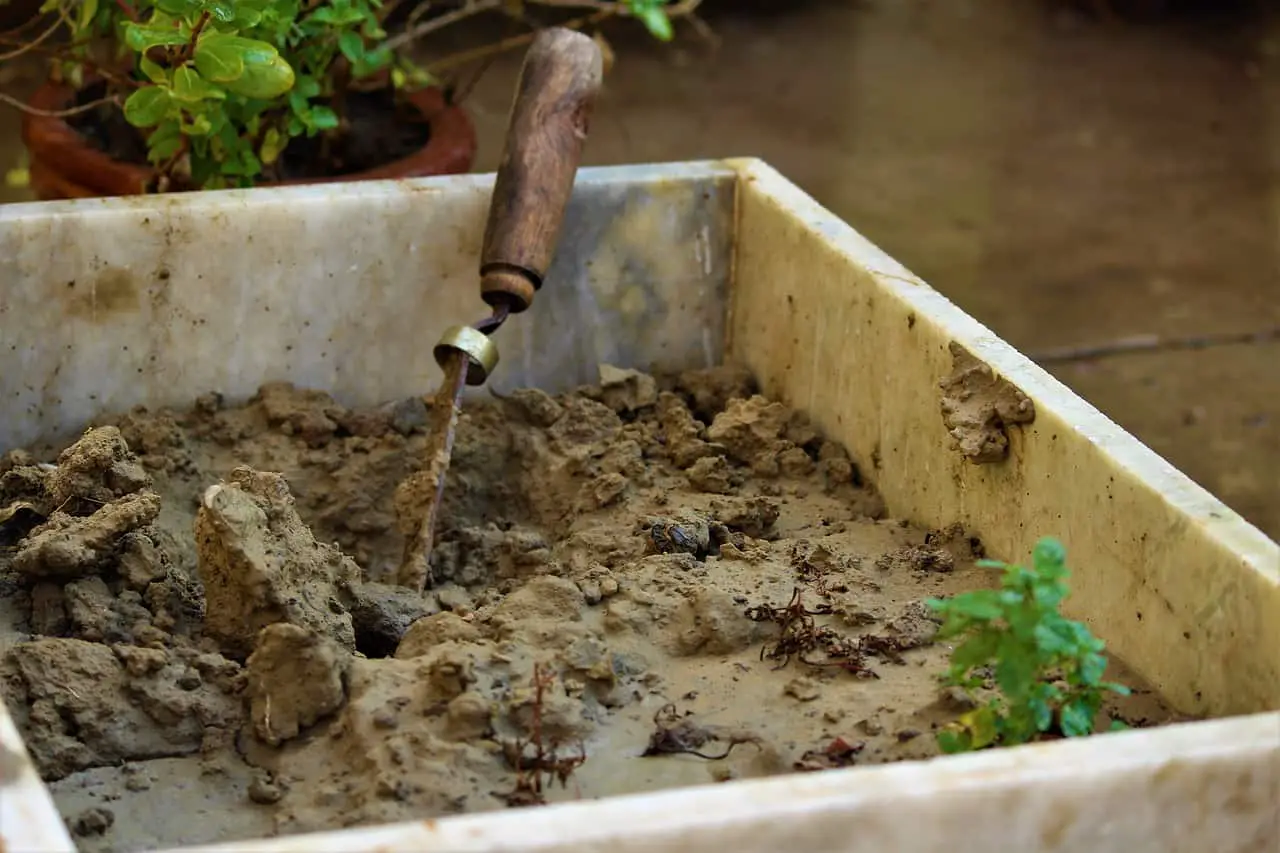Clay soil, often identified by its fine particles and ability to hold moisture, is a staple in many gardens. It offers stability and retains water, making it ideal for a wide range of plants. However, its compact structure can sometimes lead to drainage issues and, in some cases, unpleasant odors. Understanding how to work with clay soil, amend it as needed, and maintain its health is essential for a successful and vibrant garden.
Clay Soil Smells Like Sewage
Clay soil is a common soil type in gardens and yards, valued for its ability to retain moisture and provide a stable foundation for plants. However, if you’ve noticed that your clay soil has an unpleasant sewage-like odor, it can be disconcerting. In this article, we’ll explore the reasons behind this unexpected odor and discuss how to address it, ensuring a pleasant gardening experience for you and your plants.

Identifying the Source of the Odor
When your clay soil smells like sewage, it’s crucial to determine the origin of the odor. Here are some common questions and search queries related to understanding the source of this unpleasant smell:
Why does my clay soil have a sewage-like odor?
- The odor may be caused by a buildup of organic matter that’s decomposing anaerobically in the clay soil. This can happen when soil is consistently waterlogged.
Can the odor be harmful to my plants or my health?
- In most cases, the odor itself is not harmful to plants or health, but it may indicate poor soil conditions that could affect plant growth.
Addressing and Alleviating the Odor
Once you’ve identified the source of the sewage-like odor, the next step is to address and alleviate it. Here are questions and search queries related to managing this issue:
How can I remove or reduce the sewage-like odor from my clay soil?
- To address the odor, consider improving soil drainage by amending the clay soil with organic matter like compost. Properly aerating the soil and avoiding overwatering can also help alleviate the smell.
Are there ways to prevent the sewage odor from occurring in my clay soil?
- Preventing the odor involves improving soil drainage and taking measures to ensure the soil does not become waterlogged. Proper irrigation practices and regular soil maintenance can help prevent the issue.

Keeping Your Clay Soil Fresh and Odor-Free
Preventing the sewage-like odor from occurring in your clay soil is the ideal solution. Here are questions and search queries related to ensuring the freshness of your clay soil:
How can I improve the drainage in my clay soil?
- Enhancing drainage can be achieved by adding organic matter, such as compost or well-rotted leaves, to your clay soil. These amendments will help break up the soil structure and allow water to flow more freely.
What are the best practices for maintaining clay soil to prevent odors?
- Proper soil maintenance includes monitoring moisture levels, avoiding overwatering, and periodically amending the soil with organic matter. Regular aeration and soil testing can help you ensure your clay soil remains healthy and odor-free.
Conclusion: Enjoying an Odor-Free Garden with Clay Soil
Clay soil is a valuable asset in gardening, providing stability and moisture retention for your plants. When an unexpected sewage-like odor arises, it’s a sign that the soil conditions need attention. By understanding the causes, addressing the odor, and implementing preventative measures, you can enjoy a pleasant gardening experience and ensure the well-being of your plants.
As you continue to nurture your garden and work with clay soil, knowing how to manage and prevent odors is an essential skill. With the right knowledge and care, you can create an environment where your plants flourish, and your gardening experience remains fresh and enjoyable.

